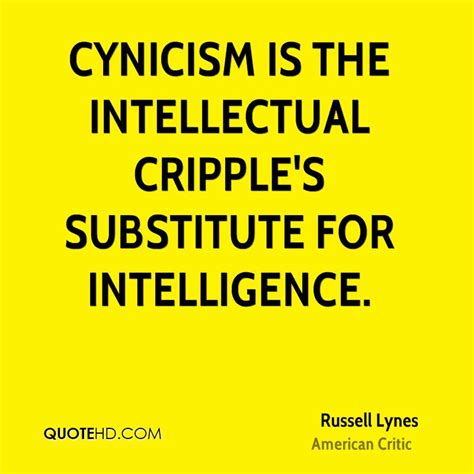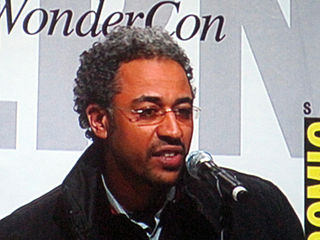A Quote by Christopher Fowler
It was true that the city could still throw shadows filled with mystifying figures from its past, whose grip on the present could be felt on certain strange days, when the streets were dark with rain and harmful ideas.
Related Quotes
There is a distinction to be drawn between true collectors and accumulators. Collectors are discriminating; accumulators act at random. The Collyer brothers, who died among the tons of newspapers and trash with which they filled every cubic foot of their house so that they could scarcely move, were a classic example of accumulators, but there are many of us whose houses are filled with all manner of things that we "can't bear to throw away.
I thought I could capture the stories of the city on paper. I thought I could write about the horrors of the city. Horror stories you see. I tell you I didn't have to look far for material. Everywhere I looked, there were stories hidden there in the dark corners. . . . I wrote and still there were more. . . . No one would publish them. 'Too horrible,' they said. 'Sick mind,' they said. I thought I could write about the horrors of the city but the horror is too big and it goes on forever.
The day is cold, and dark, and dreary; It rains, and the wind is never weary; The vine still clings to the mouldering wall, But at every gust the dead leaves fall, And the day is dark and dreary. My life is cold, and dark, and dreary; It rains, and the wind is never weary; My thoughts still cling to the mouldering past, But the hopes of youth fall thick in the blast, And the days are dark and dreary. Be still, sad heart! and cease repining; Behind the clouds is the sun still shining; Thy fate is the common fate of all, Into each life some rain must fall, Some days must be dark and dreary.
Occasionally I was so much better that I could go out; but the streets used to put me in such a rage that I would lock myself up for days rather than go out, even if I were well enough to do so! I could not bear to see all those preoccupied, anxious-looking creatures continuously surging along the streets past me! Why are they always anxious? What is the meaning of their eternal care and worry? It is their wickedness, their perpetual detestable malice-that's what it is-they are all full of malice, malice!
In those days, Christmas still retained a certain aura of magic and mystery. The powdery light of winter, the hopeful expressions of people who lived among shadows and silence, lent that setting a slight air of promise in which at least children and those who had learned the art of forgetting could still believe.
I loved the work. I missed it for years after I was arrested. I couldn't drive past 100 Centre New York City Criminal Court, that whole area, without crying, seeing people going to court and knowing I couldn't do that anymore. I still do miss it. I don't think I could ever go back. Maybe I could consider second-seating my son or someone else whose work I respect. But I could not take on any responsibility. I'm out of step; I haven't kept up.
I felt there was a certain amount of violence in the graphic and that it could still be cheated on screen so you could still have a hard PG-13 and open up your audience. Anybody can read the graphic novel. If you're 14, you can go out and buy it, and I felt that if you're 14 you should be able to see this movie [The Loosers].





































